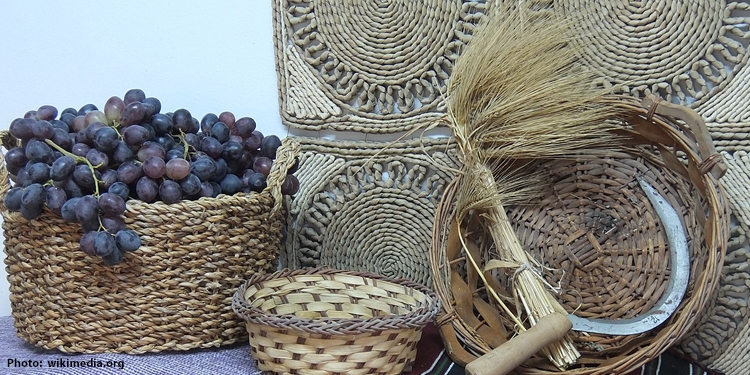The Lesson of the Second Tithe
Yael Eckstein | August 4, 2021

…you are to eat them in the presence of the LORD your God at the place the LORD your God will choose—you, your sons and daughters, your male and female servants, and the Levites from your towns—and you are to rejoice before the LORD your God in everything you put your hand to. — Deuteronomy 12:18
Each week in synagogue, Jews read through the Torah from Genesis to Deuteronomy. The Torah portion for this week is Re’eh, which means “see,” from Deuteronomy 11:26–16:17.
Living here in the Holy Land, I have the huge zechut, the huge honor and privilege to visit the Western Wall. My work often takes me to Jerusalem, and whenever I have some free time and I want to pray, I go straight to the Western Wall.
As I approach the Wall, I usually see this awe-inspiring view of the Temple Mount. I walk down the stairs from the Jewish Quarter of the Old City, and then there opening up before me is the plaza of the Western Wall with hundreds of Jews and Christian pilgrims praying there. If any of you have been to the Western Wall in the Old City of Jerusalem, you’ll know exactly what I’m talking about.
As I come down the stairs, I imagine in my mind’s eye how joyous my ancestors must have felt as they approached the Temple Mount when the Temple was still standing. We rightly think of the Temple as a place of prayer, but it was also a place of great rejoicing.
The Lesson of the Second Tithe
This joy in approaching the House of God is expressed so beautifully by the law of the Second Tithe that we find in this week’s Torah portion. Most people are familiar with the biblical tithes that were given to support the poor and the Levites who served the community. The Bible commands that after these tithes was given, a second tithe was to be separated but not to be given away: “You are to eat them [the tithes] in the presence of the LORD your God at the place the LORD your God will choose.”
In practice, the second tithe was ten percent of produce raised by a farmer, or the monetary equivalent of that produce. Usually, the second tithe was used for “vacation” expenses at the time of the three pilgrimage festivals, when all of Israel would travel to Jerusalem to celebrate. As the verse states, the purpose was to honor God by rejoicing and enjoying the fruits of His blessings in the city that He has chosen.
The lesson of the Second Tithe is this: God wants to see us happy, and we honor Him not only by worshiping Him, but by rejoicing in His presence and enjoying the blessings that He has given us.
So even if you can’t make it to Jerusalem and pray at the Western Wall, there is a beautiful teaching for everyone right here in this commandment. Give charity. Help the poor. Then set aside a second tithe to rejoice and enjoy God’s blessings.
Your Turn:
Make some time to rejoice in the blessings that you have received.
